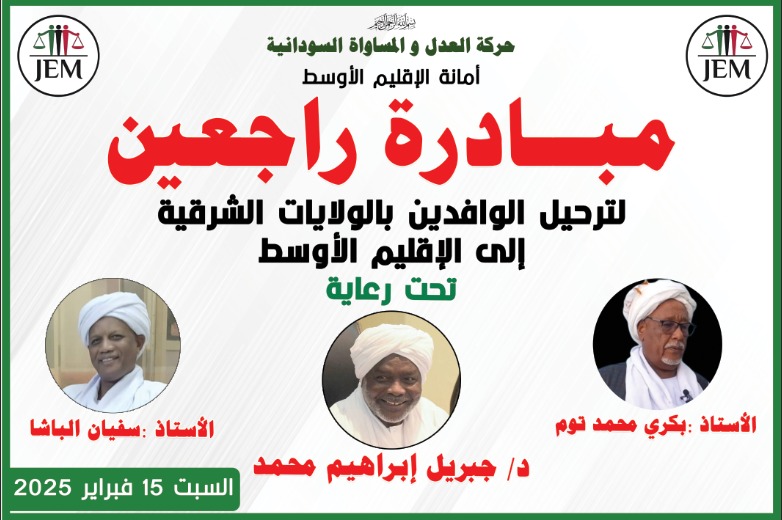KHARTOUM (AFP) – Due to be held in April, the ballot comes at a crucial time for Sudan.
The president faces an international arrest warrant for alleged crimes in the troubled western region of Darfur and tensions remain between the Khartoum government and the semi-autonomous, mostly Christian south, despite a peace deal struck in 2005 to end a 22-year civil war.
“Voter registration has started across Sudan,” the head of the elections commission, Al-Hadi Mohammed Ahmed, told AFP.
Sudanese voters have a month to register for the polls and the authorities have set up both fixed and mobile registration centres across Africa’s largest country.
“We have set up a calendar (to reach remote areas) and village (tribal) chiefs are aware” of the registration, said Ahmed.
But Western experts have voiced concern that authorities will be unable to reach remote areas of Sudan, where some 19 to 20 million people from a 39-million-strong population are eligible to vote.
“The election commission may have some difficulties to move materials to very remote locations,” a UN source said on condition of anonymity.
“One of the differences between previous elections and these is that each individual will have to show up in person in order to be included in the voter register.”
Aly Verjee, of the US non-governmental Carter Centre which monitors elections, agreed: “It is a challenge to register 20 million people in one month … In Darfur there is a combination of security and logistical issues.”
Few people were out Sunday on the streets of Khartoum and in Juba, the capital of the semi-autonomous south, but in both cities residents said they planned to register for the April 2010 election.
Juba also celebrated the launch of registration on Saturday with a concert and marches through the town, with people lining streets, clapping, cheering and waving election leaflets.
“We are happy because this is the start of the elections,” said 25-year-old William Deng, who drives a motorbike taxi.
“I will go register in the week because today is the day of rest,” said Mary Lago, a secretary on her way to Sunday mass.
Khartoum housewife Musaid Yussef carried her baby to a registration office in a working-class district. “I am Sudanese and I want to exercise my right to vote,” she said.
Ali Abdel Galil Omar said he was given a “plastic, numbered voter registration card,” which he was told to submit in April when he casts his ballot.
US special Sudan envoy Scott Gration, who is visiting the country for talks with officials on key issues ahead of the vote, on Sunday urged people to register for the elections.
“As the president (of the semi-autonomous south Salva Kiir) said, we urge you to register to vote, to express your will, to do this in peace and for peace,” Gration said in Juba.
The general elections will be the first in Sudan since 1986, three years before President Omar al-Beshir toppled a democratically elected government in a bloodless military coup, and the fifth since independence in 1956.
The research institute Rift Valley said the aim of the registration drive was to reach 70 percent of the eligible electorate, raising the tally from the 50-percent registration rate of 1986.
Beshir, who has been facing since March an arrest warrant from the International Criminal Court for alleged war crimes in Darfur, has pledged free and fair elections.
But former rebels of the Sudan People’s Liberation Movement (SPLM), who now share a unity government with Beshir’s National Congress Party (NCP), and other opposition parties have threatened a boycott.
The factions are demanding an “amendment of all laws related to freedoms and democratic transformation” by November 30 to bring them into line with Sudan’s interim constitution.
In 2005, after 22 years of north-south civil war that saw largely Christian and animist rebels pitted against the Khartoum government, the SPLM and the NCP signed a Comprehensive Peace Agreement.
The deal stipulated that Sudan will organise general elections in July this year but they were pushed back to April 2010, and also called for a referendum in January 2011 on self-determination for the south.
حركة العدل و المساواة السودانية
موقع متخصص بنقل آخر الأخبار و البيانات و القرارات لحركة العدل و المساواة السودانية

